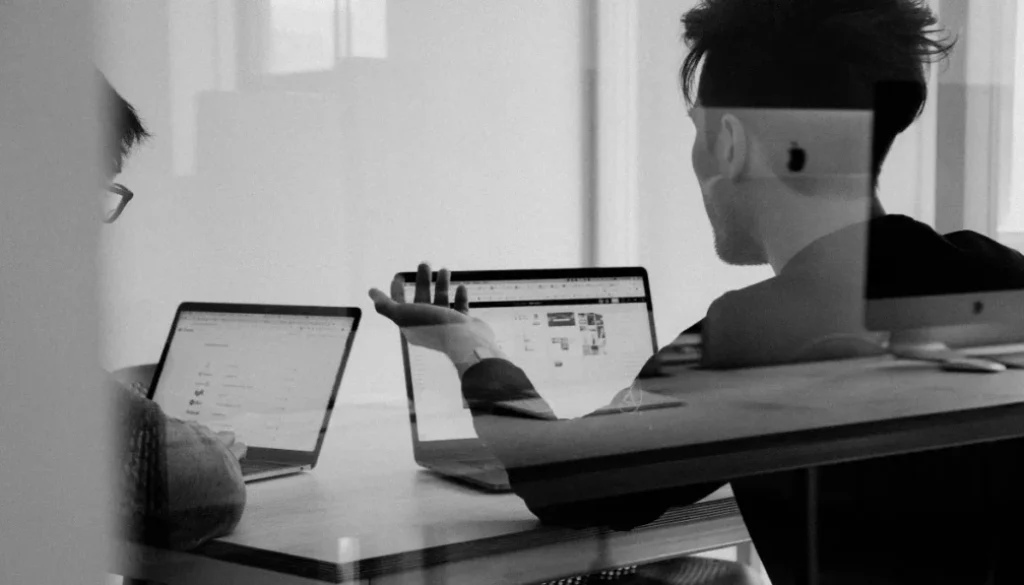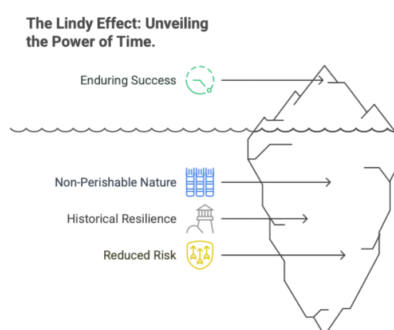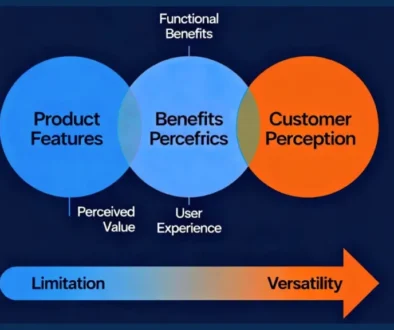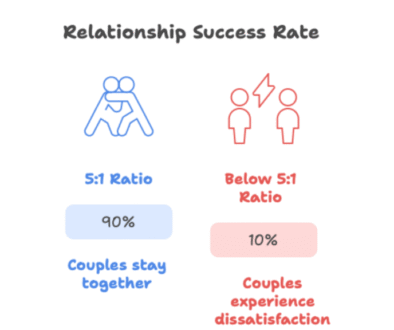The Dunning-Kruger Effect: Why Incompetent People Overestimate Their Skills
Have you ever met someone who confidently speaks nonsense or a coworker who thinks they’re a genius despite constant mistakes? This isn’t just arrogance—it’s the Dunning-Kruger Effect, a cognitive bias where people with low ability overestimate their competence.
In this blog, we’ll break down:
✔ What the Dunning-Kruger Effect is
✔ Why it happens (and why we all fall for it)
✔ Real-world examples in work, politics, and everyday life
✔ How to avoid falling into its trap
Let’s uncover why ignorance often breeds confidence.
What Is the Dunning-Kruger Effect?
Named after psychologists David Dunning and Justin Kruger, this cognitive bias explains why:
-
Unskilled individuals believe they’re better than they are.
-
Experts tend to underestimate their abilities.
The core idea? The less you know, the less you recognize your own ignorance.
The Four Stages of Competence
-
Unconscious Incompetence – You don’t know what you don’t know. (Peak overconfidence!)
-
Conscious Incompetence – You realize how much you don’t know. (The painful humbling phase.)
-
Conscious Competence – You improve but still need effort.
-
Unconscious Competence – Mastery—you perform well without thinking.
Ironically, the most incompetent people never reach Stage 2, trapping them in a bubble of false confidence.
Real-World Examples of the Dunning-Kruger Effect
1. Workplace Woes
-
A junior employee argues with a senior expert, convinced they know better.
-
Bad managers believe they’re great leaders despite poor team performance.
2. Social Media & Politics
-
Armchair experts confidently spread misinformation.
-
Politicians with no scientific background debate climate change or vaccines.
3. Everyday Life
-
Terrible drivers who think they’re “above average.”
-
People who argue about topics they’ve never studied.
How to Avoid the Dunning-Kruger Trap
✅ Embrace Humility – Acknowledge that you might not know everything.
✅ Seek Feedback – Ask experts where you stand.
✅ Keep Learning – The more you know, the more you realize how much you don’t.
✅ Question Your Confidence – If something feels “too easy,” double-check.
Final Thoughts
The Dunning-Kruger Effect reminds us that self-awareness is rare—many people are blissfully unaware of their shortcomings. The key takeaway? Stay curious, stay humble, and never stop learning.
Have you encountered someone suffering from the Dunning-Kruger Effect? Share your stories in the comments!



